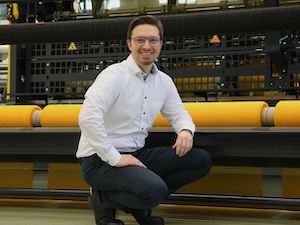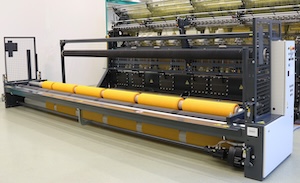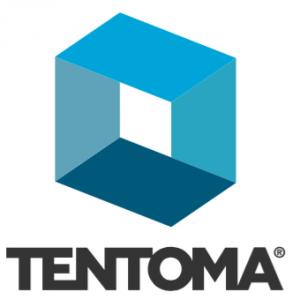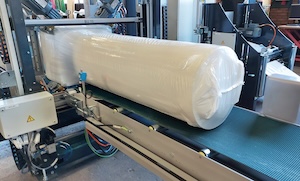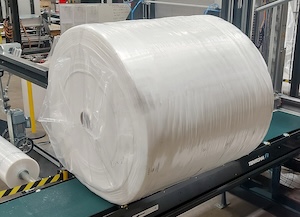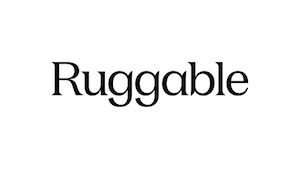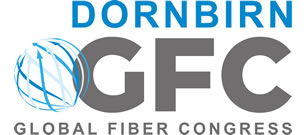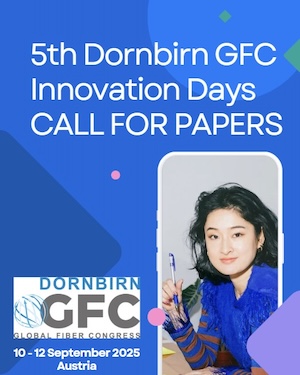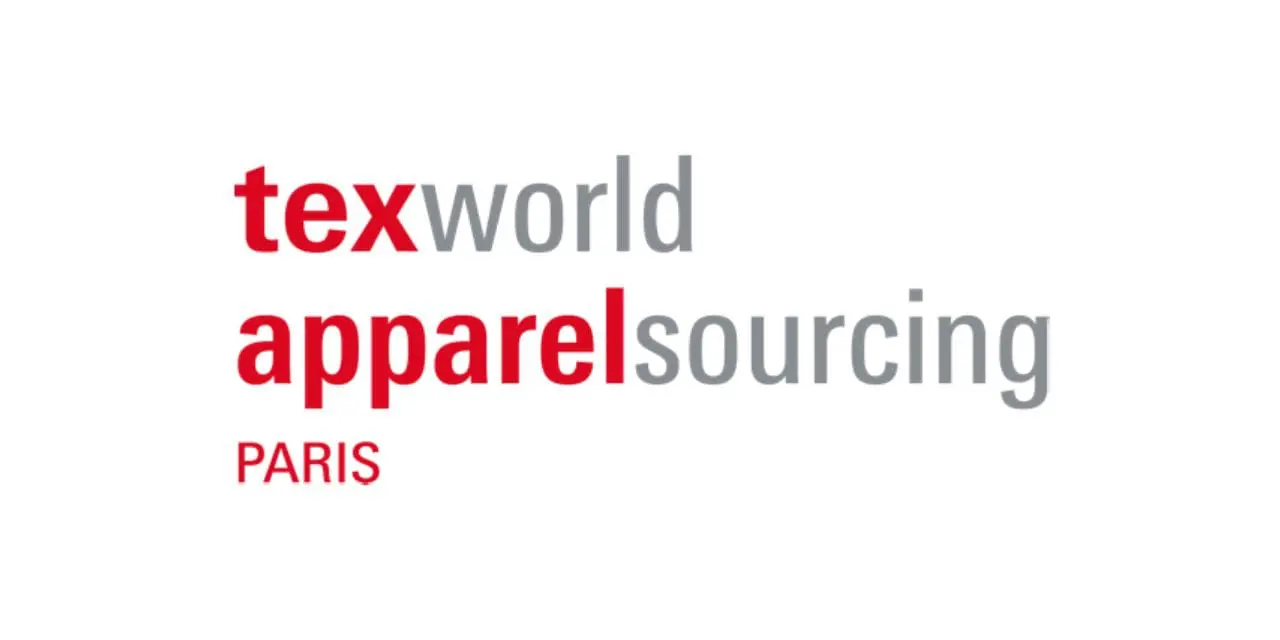 PARIS — February 21, 2025 — The 56th edition of Texworld Apparel Sourcing Paris took place in a particularly dynamic atmosphere. More than 8,500 international visitors discovered and made business connection with the 1,250 exhibitors from 32 countries over three days at the Paris-Le Bourget Exhibition Centre.
PARIS — February 21, 2025 — The 56th edition of Texworld Apparel Sourcing Paris took place in a particularly dynamic atmosphere. More than 8,500 international visitors discovered and made business connection with the 1,250 exhibitors from 32 countries over three days at the Paris-Le Bourget Exhibition Centre.
Texworld Apparel Sourcing Paris, Europe’s biggest marketplace for fashion textiles and clothing, has confirmed its position as the leading global fashion platform for mid-range segment buyers and suppliers. Held from February 10-12, 2025, at the Paris – Le Bourget Exhibition Centre, the new edition attracted more than 8,500 visitors, a 10-percent increase compared to the February 2024 edition.
Paris as an unmissable global sourcing destination for fashion buyers
This Parisian event has established itself as an unmissable contact point for designers, buyers and suppliers of fabrics and finished products. It also confirms the importance of Europe for the global fashion industry, with the Top 5 visitors coming from France, the UK, Italy, Spain and Germany. After a few years of adjustment, many international buyers returned to Paris, with international participation on the rise. The grand return of international buyers to Paris, while French buyers remains stable, shows the resilience of Paris in an increasingly volatile fashion market.
Meeting market expectations
“The global market, beyond the general geo-politico-commercial situation, is still undergoing a major metamorphosis, with a gradual shift from the entry-level segments of the past towards a more qualitative offering, which now accounts for the bulk of global clothing consumption, points out Julien Schmoll, Marketing and Communications director at Messe Frankfurt France. We’ve redesigned our trade fairs to meet the needs of buyers in these mid-range markets, by focusing our selection on a diversified, enriched, qualitative and cutting-edge offer, with a very wide choice at competitive prices, presented in a functional setting conducive to exchanges”.
Focus on African sourcing
This year saw the spotlight shine on African sourcing, now seen as an attractive alternative by many buyers. The nine Ethiopian companies present in Paris made promising commitments with European brands. Maryse Mbonyumutwa, founder of the Rwandan group Pink Mango, the first African manufacturing platform for sustainable and ethical global brands, has also made some solid contacts: “We’ve had promising discussions with representatives of several European brands that could sign up with us locally,” she said.
Exhibitors-visitors: three days of active exchanges
On the buyers’ side, the feedback also points to active exchanges. Bangladeshi manufacturer NZ Denim was able to meet almost all its European customers, including Celio, OKaïdi, Kiabi and Jules, over three days. “The show is an opportunity for us to meet the design teams to discuss materials for future collections, explains Najam Us Saqib, the manufacturer’s R&D manager. As for the buyers, they take advantage of our visit to Paris to keep abreast of the latest developments, such as the naturally colored cotton Ackala Coton, which we are presenting this year”. This innovation was highlighted during the Econogy Tour, which was organized for visitors interested in identifying companies that respect the ecological and social standards of the textile industry.
From mainstream brands to haute couture
The materials manager and the buyer for a major French general clothing brand have also set themselves the goal of monitoring the market. “We come to the show to meet our Indian, Turkish and Chinese suppliers, they explain, and then we do a lot of monitoring for future collections… Not forgetting the shopping list given to us by the designers, which we supplement with requests for samples”.
The same approach applies to haute couture. Livia Stoianova and Yassen Samouilov, founders of On Aura Tout Vu, came to meet Chinese and Indian suppliers: ”We wanted to identify materials and suppliers for a show production company that we support and advise, explain the two designers. We started with the selection suggested by Louis Gérin and Grégory Lamaud, the artistic directors of Texworld Apparel Sourcing Paris (and authors of Néocène, the show’s spring-summer 2026 trend book). For a first visit, we found some very interesting and particularly creative things”, they add.
Posted: February 21, 2025
Source: Messe Frankfurt France



